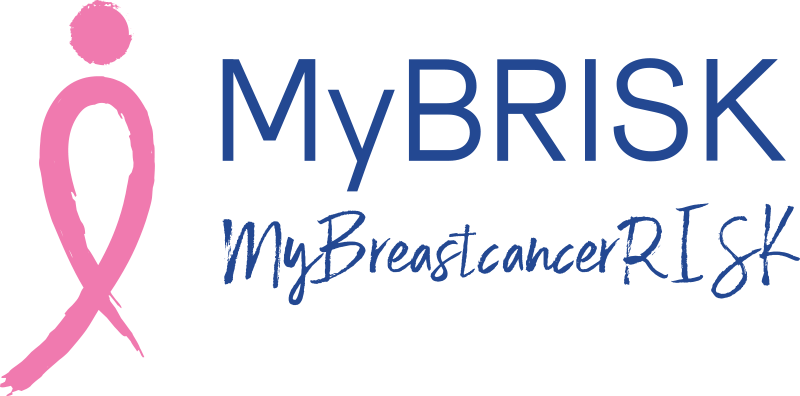
MyBRISK Centre of Research Excellence congratulates the recipients of its first round of research grants: Associate Professor Jennifer Stone (pictured above) from the University of Western Australia, and Professor Rik Thompson(below), from Queensland University of Technology.
A second round of funding grants will be launched at a later date. Stay in touch with MyBRISK eNews for updates.
MyBRISK CI: A/Professor Jennifer Stone, University of Western Australia
Project: Consumer-driven research to improve breast cancer screening outcomes
Awarded: $20,000 Seed Funding with matched funds of $27,431 from UWA RCA grant
It is becoming increasingly obvious that consumer-driven research provides improved relevance to patient needs, improved quality and outcomes, more effective research translation, and improved public confidence in research.
A/Professor Stone’s research aims to work with consumer and community members to co-develop an interactive web-based platform that facilitates refinement, prioritization, funding, and conduct of consumer-driven research studies to improve breast cancer screening outcomes in Australia, focusing on prevention and early detection of the disease.
This innovative and compelling consumer-driven approach will generate highly translatable outcomes to improve care for women attending state-run BreastScreen programs in Australia. It is anticipated that the results from this project will also generate an MRFF grant application.
MyBRISK CI: Professor Rik Thompson, Queensland University of Technology
Project: Registration and Alignment of Histology, Portable MRI and Micro-CT (x-ray) for Elucidating the Tissue Component of Mammographic Density Brightness
Awarded: $19,821.00 Seed Funding with matched funds of $4,000 from QUT CGPH grant

MyBRISK researchers Professor John Hopper, Kevin Nguyen and colleagues have shown that the brightness of mammographic density (MD) correlates better with breast cancer risk than the total amount of MD.
Through histologic and regional assessments of mammographic density with a novel portable MRI and micro-CT (X-ray based), Professor Thompson’s team are attempting to define the cell and tissue composition of the brightest regions, which requires precise alignment of the multi-modal image data. This innovative project will develop a cross-modality registration software to accurately align the tissues across the different imaging modalities. This research has the potential to contribute to the understanding of bright MD and lead to improved breast cancer prediction, prevention and treatment.

